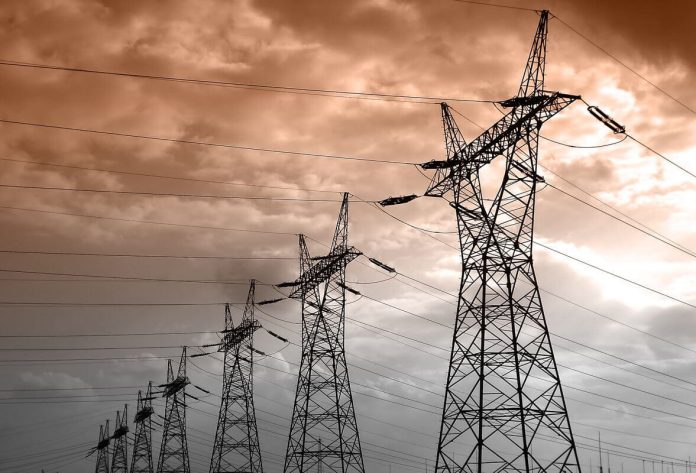The World Bank has announced plans to commit an additional US$750 million to increase Nigerians’ access to electricity through the Nigeria Electrification Project (NEP), according to a report by the new telegraph.
The report said the World Bank’s Director of Strategy and Operations for the Western Central African Region made this known while inspecting the 60 KiloWatts Mini-Grid Project in Kilankwa Community, Kwali Area Council of Abuja.
“This is the first national electrification project we see at work here, about $350 million is coming to a close, and we are preparing a successor project that will be $750 million.
“We are extending our support to something that we think is critical and Nigeria is leading the world in small grid development,” Ms Elizabeth Huybens said as carried by new telegraph.
The Kilankwa project would assist the country in providing access to electricity to more people faster than it could have done by just extending the national grid.
“So, I am very impressed that the grids in small communities work and there is also the foresight to think about how one can fully optimise the use of the electricity generated to expand productive activities.
“Like the rice mill that we have just seen, I hope that in the future, we will see a lot more of that,” she said.
She added that the project was considered because the bank believed that access to electricity by all was one of the most important goals to pursue by any country.
According to her, without electricity, it is hard to think about how communities can live, adding that kids cannot study at night.
“We cannot move toward electric vehicles if we don’t have electricity. You cannot even charge your cell phone without electricity.
“So, it is hard for me to think about modern life without electricity and it is hard for me to think about reducing poverty without access to electricity.
”And since the World Bank’s overarching goal is to help countries eradicate poverty, we need to help them provide access to electricity for its population,’’ Huybens said.
The Managing Director of REA, Mr Ahmad Salihijo said that the project was currently serving about 300 households and businesses.
Salihijo said that the project was developed by the World Bank under the Performance-Based Grant of NEP.
“This has been operational for some time now. So, we are privileged to have come here with the World Bank team to see how it is performing.
“We are working on ensuring productive use and also make sure that we have energy-efficient equipment connected to the mini-grid,” he said.
Yabo said that the project had assisted him to reduce the cost of diesel to run his business and enabled him to make more profit.














